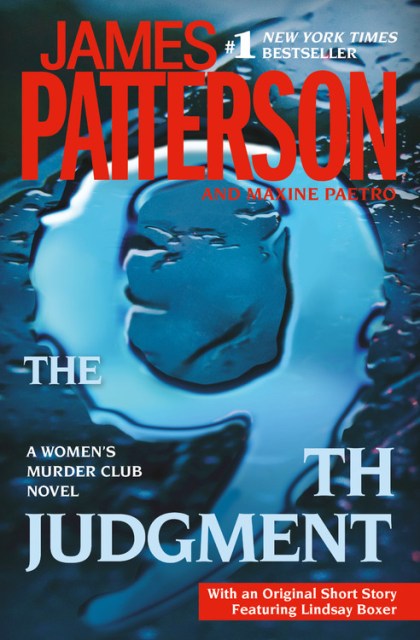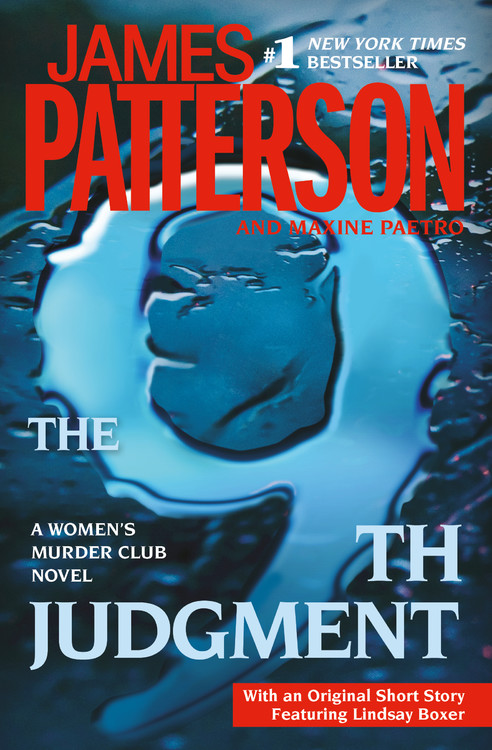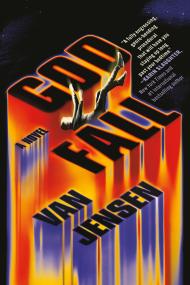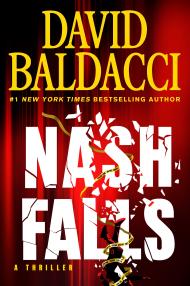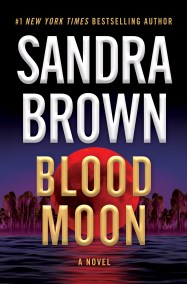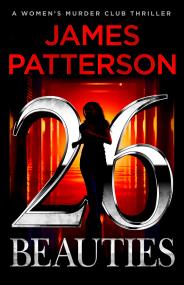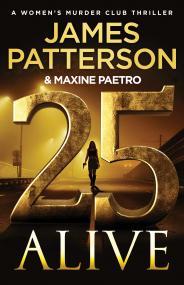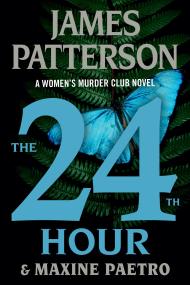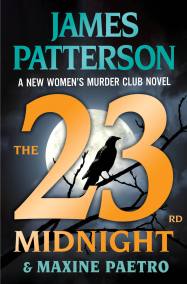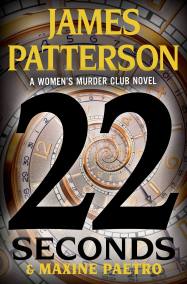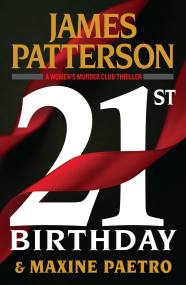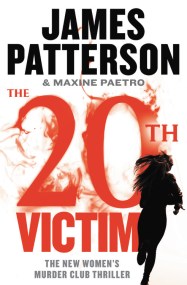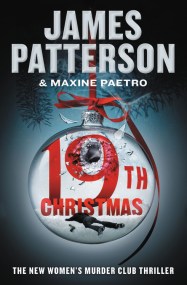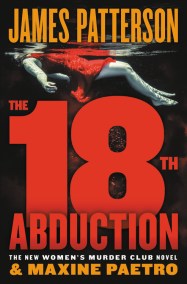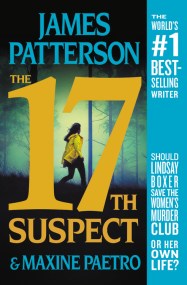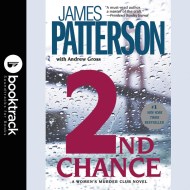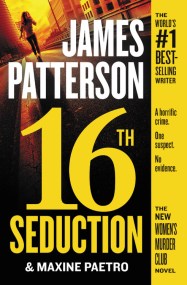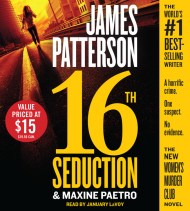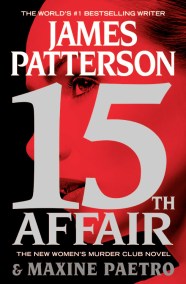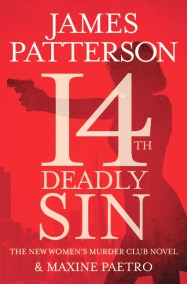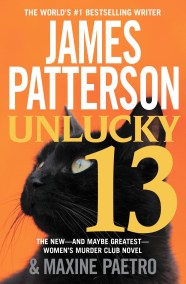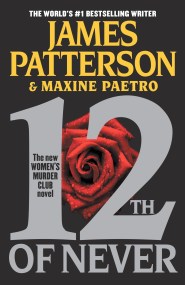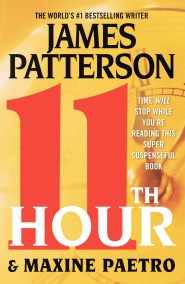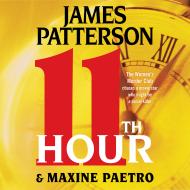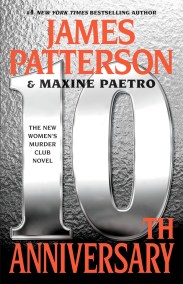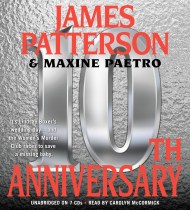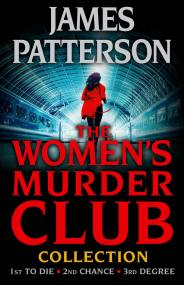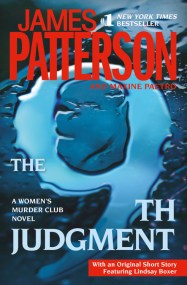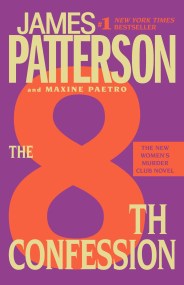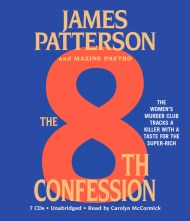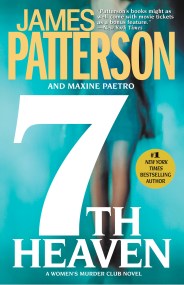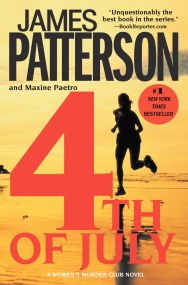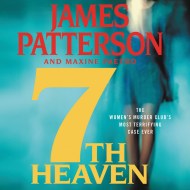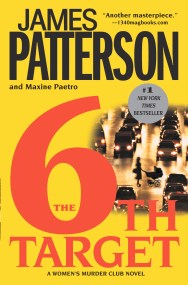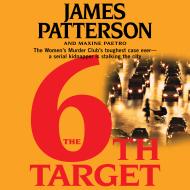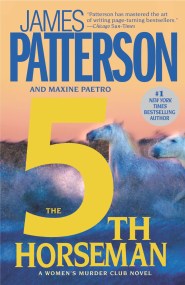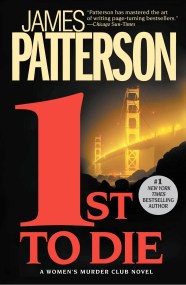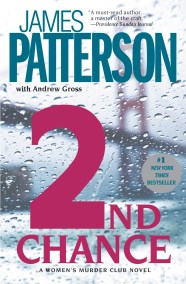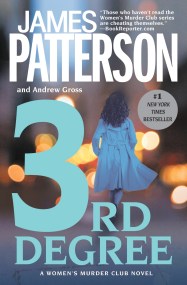By clicking “Accept,” you agree to the use of cookies and similar technologies on your device as set forth in our Cookie Policy and our Privacy Policy. Please note that certain cookies are essential for this website to function properly and do not require user consent to be deployed.
The 9th Judgment
Contributors
Formats and Prices
- On Sale
- Apr 12, 2011
- Page Count
- 416 pages
- Publisher
- Grand Central Publishing
- ISBN-13
- 9780446565509
Price
$19.99Price
$25.99 CADFormat
Format:
This item is a preorder. Your payment method will be charged immediately, and the product is expected to ship on or around April 12, 2011. This date is subject to change due to shipping delays beyond our control.
Buy from Other Retailers:
During an intimate dinner party, a cat burglar breaks into the home of A-list actor Marcus Dowling. When his wife walks in on the thief, the situation quickly teeters out of control, leaving an empty safe and a lifeless body.
The same night, a woman and her infant are gunned down in an abandoned garage. The killer hasn’t left a shred of evidence, except for a foreboding and cryptic message: WCF, the letters written in blood-red letters.
With two deranged killers on the loose Detective Lindsay Boxer calls on the Women’s Murder Club to help her stop them. But someone is leaking information to the press—details that only those on the inside could know.
As allegations fly that Lindsay is the source, she has to wonder: how much she can trust her closest friends?
-
"Those who haven't read any of the novels in the Women's Murder Club series are cheating themselves."BookReporter.com
-
"I can't believe how good Patterson is, whether he's doing a Washington police yarn or traveling a different road with a female narrator. He is always on the mark. I have never begun a Patterson book and been able to put it down."Larry King, USA Today
-
"Patterson and Paetro are at their best here, weaving a number of plots together to create a novel that dips and flows across genre lines.... A series that shows no signs of fatigue or flagging."BookReporter.com
Newsletter Signup
By clicking ‘Sign Up,’ I acknowledge that I have read and agree to Hachette Book Group’s Privacy Policy and Terms of Use
